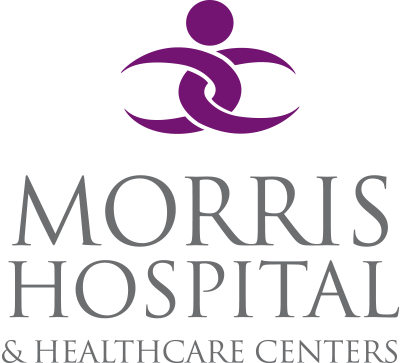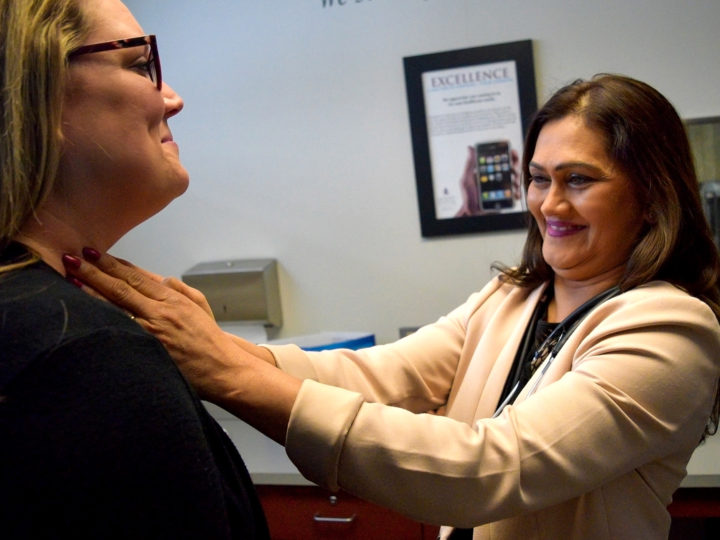Substance Use: A Resolution for Health and Wellness in the New Year
 by Dr. Jennifer Thomas
by Dr. Jennifer Thomas
With the new year comes a lot of good intentions. Many of us make New Year’s resolutions, setting goals to live heathier, happier lives. For many people, the new year comes with intentions to form healthier relationships with substances, like alcohol or tobacco. Terms like, “Dry January” have gained popularity in recent years.
Substances are a common part of our human environment and have been throughout history. Whether its alcohol or tobacco or other substance, we’ve all likely been around substances at some point in our lives. Depending on our cultural and family influences, we may or may not partake in substance use. Many people use a substance, such as alcohol, from time to time, and it does not become problematic. For others, however, substance use can escalate to regular use and start to cause more stress and problems in our lives. Perhaps having drinks with friends on the weekend escalates to daily use at home. Or maybe substances become a way to help cope with our daily stress. These can be signs of problematic use.
When we are talking with others about addiction concerns, we can use language that does not contribute to stigma. Stigma is defined as a set of negative and often unfair beliefs that a society or group of people have about something. If, instead, we frame addiction as a chronic medical condition, which it is based on the most recent scientific data, we can use language that decreases stigma for people seeking care. For example, older terms, such as substance abuse and drug seeker, have negative connotations and contribute to stigma. In fact, current medical terminology refers to this category of conditions as Substance Use Disorder, or SUDs.
So why can some people use a substance or have a drink and it doesn’t become a problem? And why is it that, for other people, substance use can escalate to cause very significant problems in their lives and their health? Or put another way…what causes Substance Use Disorders? That’s a really good question, and an important one. Based on our current, evidence-based understanding of human physiology and behavior, organizations such as the American Society of Addiction Medicine (ASAM) support a Bio-Psycho-Social model to explain addiction.
Bio– refers to our biology, or put more simply, our genetics. Like many other chronic medical conditions, we might be predisposed or have a higher risk of developing certain conditions, such as heart disease or cancer. The same may be true for addiction. That’s not to say people with a family history of addiction will develop addictions themselves. Rather, our genetic make-up is part of the equation in explaining why certain health conditions affect certain people.
Psych– refers to psychology. This is our mental health and wellness. If we have undiagnosed or untreated psychological conditions, such as depression or emotional trauma, we might be more at risk for developing a SUD.
Finally, Social– refers to our societal factors and social groups. For example, are we around alcohol or other substances in our family or friend group? Are substances, such as alcohol, part of how we celebrate special occasions or do we use substances on a more regular basis? These combined Bio-Psycho –Social factors together can increase or decrease someone’s risk for developing a SUD.
So why does this matter? Well, if we use the chronic disease “lens” to look at addiction and SUDs, we might have a better understanding of the causes and better support people living with these conditions. The good news is that there are many evidence-based approaches to helping people living with SUDs, such as medication and counseling. If you or someone you know has concerns about their substance use, consider talking to you trusted primary care provider. Your care team will work with you to develop a plan or connect you to additional resources, if needed.
We hope you are starting the new year on a good note, and we share those good intentions to live happier, healthier lives in 2025 and beyond. Take care.
Dr. Jennifer Thomas, MD, FASAM, is a family medicine and addiction medicine physician with Morris Hospital & Healthcare Centers. To learn more about Morris Hospital’s Integrated Behavioral Health program, visit morrishospital.org/behavioralhealth.




